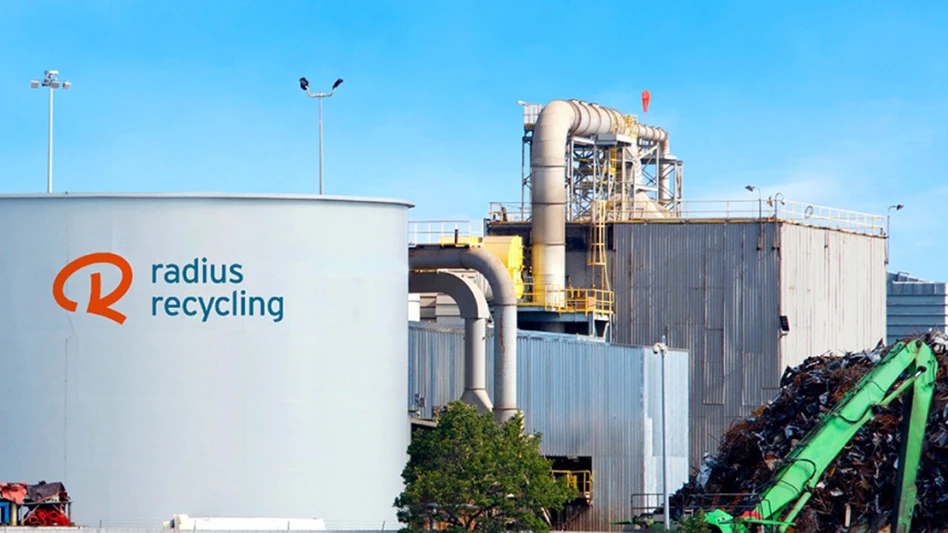
© Joao Virissimo - dreamstime.com
The Responsible Recycling (R2) certification is in a transitionary period right now. Sustainable Electronics Recycling International (SERI), Washington, published R2v3, the latest version of the certification. Prior to that, SERI’s last update was R2:2013 in 2013.
During ISRI2021, the Washington-based Institute of Scrap Recycling Industries’ (ISRI’s) online conference taking place April 20-22 and April 27-29, two consultants and a recycler shared the implications of R2v3 and what the certification transitionary period is like.
Rick Sandlin, founder and CEO of Rivervista Partners, reported that no new R2:2013 certifications are able to be issued as of Jan. 1, and existing R2:2013 certifications can be recertified only until Jan. 1, 2022. By July 1, 2023, all R2:2013 certifications will be expired and must transition to R2v3.
“You have time to make the transition, but you need to be thinking about this,” Sandlin said. “I know a number of companies are starting this transition.”
R2v3 changes and requirements
Sandlin said the biggest difference between R2:2013 and R2v3 is that the latest version requires companies to go into a great deal more detail describing what they do. Beyond a simple description of what a company does, companies also must provide specific details, such as the equipment and processes they have in place in a scope statement; process requirements; and providing a listing all related locations.
R2v3 has six appendices that list process requirements for certification:
- Appendix A – downstream recycling chain;
- Appendix B – data sanitization;
- Appendix C – test and repair;
- Appendix D – specialty electronics reuse;
- Appendix E – materials recovery; and
- Appendix F – brokering.
One benefit of R2v3 is that it only requires companies to be certified to processes they perform. Sandlin said if a company only performs materials recovery and data sanitization services, then those are the only two appendices the company needs to adhere to.
Similar to R2:2013, companies applying for certification will need related certification, including environment certifications (such as ISO 14001 or RIOS); health and safety certifications (such as ISO 45001 or RIOS); and quality certifications (such as ISO 9001 or RIOS).
Kelley Keogh, co-founder of Greeneye Partners LLC, said R2v3 also requires data security and sanitization audits. Regarding data security and sanitization, she said R2 facilities must document and maintain a data sanitization plan and procedures. They also must document and maintain a written data security policy. All workers should be trained regularly and verified as competent on policies and procedures for data security. Along with that, she said R2 facilities must implement and maintain a data security program that controls access to all or parts of the facility in a manner and to a degree appropriate given the type of electronic equipment handled, sensitivity of the data on storage devices and the needs of the suppliers served.
Get curated news on YOUR industry.
Enter your email to receive our newsletters.
Latest from Recycling Today
- Bluewater streamlines solar panel replacement, recycling in Bermuda
- Steve Levetan to receive ReMA Lifetime Achievement Award
- ReMA, Germany’s VDM issue joint tariff statement
- Singapore EAF melt shop idled
- LME reports healthy trading volumes in Q1
- Hyundai adds dealer in Wisconsin
- Study finds recycling symbols largely recognizable
- Reworld announces executive leadership transitions





